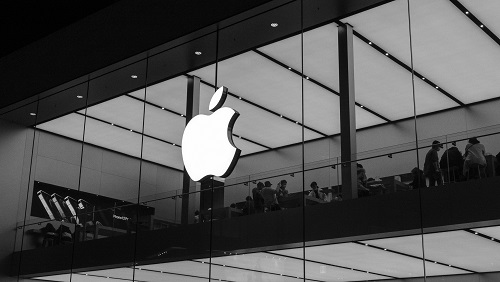Apple, the tech giant, is a company that is known for the security services they provide to their users via mobile phones and PCs or laptops, famously known as MacBook. Apple is a company that loves to be secretive about the product that is going to launch in the future. A recent letter from the company to Motherboard sheds light on why exactly they are so secretive about their leaks. They have mentioned in the letter that leaks harm their accessory makers, consumers, and Apple itself.
Apple’s lawyers have recently sent a C&D order in China to a Chinese citizen. The order states that Apple’s dimensions could mislead the case manufacturers and might lead to making accessories that are incompatible with the product that is about to be released or will be released. The third-party manufacturers may develop and sell mobile phone cases and some other accessories that are not compatible with the unreleased products. The market for Apple accessories is around $20 billion worldwide.
Who doesn’t like surprises? Everyone does right? The tech giant believes in the same thing. The belief that releasing or making any leaks about the product to be launched lessens the excitement and delight of the customers at the launch events. The letter reads, “To ensure that our every release launch leaves our customers and users awestruck and astounded. Apple makes every effort to take strict measures to maintain confidentiality about any product of Apple which is about to be released. The secret of Apple’s latest technological innovation is an important part of the company’s DNA.”
Beyond what Apple outlines in its letter, there are a host of reasons why companies are widely understood to not want their unannounced plans to be made public. The release of confidential product information might allow competitors to start to develop copycat devices ahead of time. And hearing that an upgraded device is on the way could make people less likely to buy an existing model, per the so-called “Osborne effect.”









